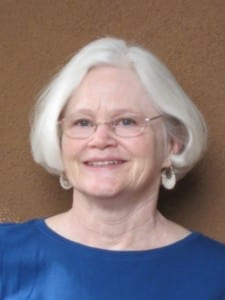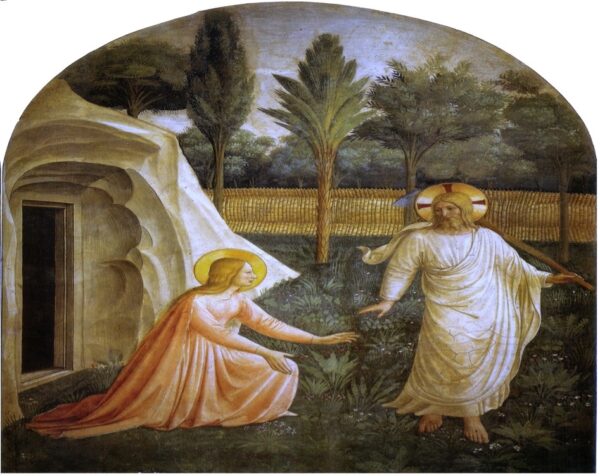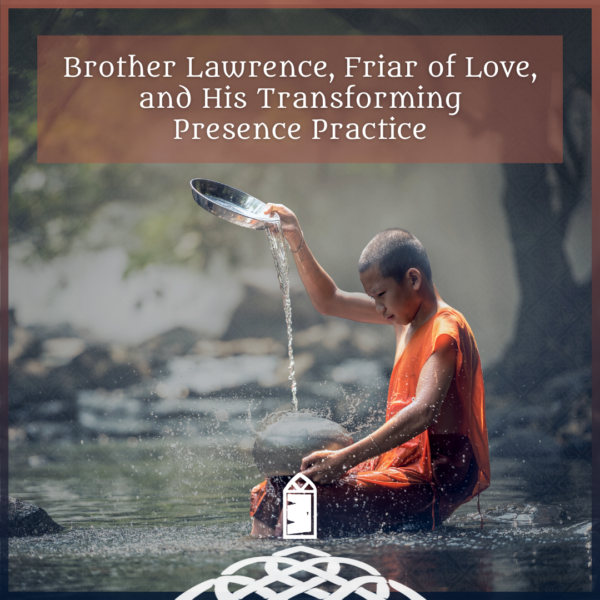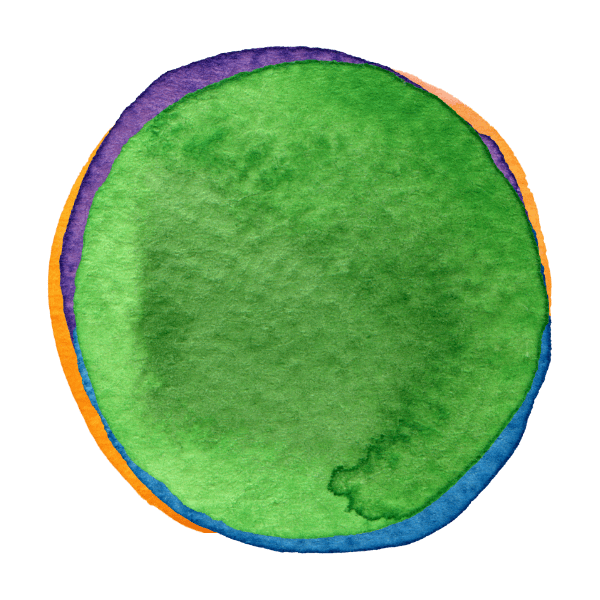 I got to know Mary first through her books and then later had the joy of meeting her in person at a Spiritual Directors International conference. She is an Episcopal priest and the author of several books on how Benedictine practice can be supportive of those living with illness. In her writing I discovered a wise companion and guide and a doorway into the gifts of balance monastic wisdom offers.
I got to know Mary first through her books and then later had the joy of meeting her in person at a Spiritual Directors International conference. She is an Episcopal priest and the author of several books on how Benedictine practice can be supportive of those living with illness. In her writing I discovered a wise companion and guide and a doorway into the gifts of balance monastic wisdom offers.
Leave a comment below and enter for a chance to win a free signed copy of her latest marvelous book on Celtic Christian Spirituality.
“What is a monk in the world?”
Imagine this: a little round boat floating by a dock, gently rocking in the water. There are no oars, just a boat. Imagine getting in the boat, pushing off, and allowing the currents of the water to bear you forth. Imagine trusting those currents, knowing that they will take you to the place to which God is calling you.
For some twenty plus years, I have studied and prayed in ways informed by the Celtic tradition. In that way, men and women made pilgrimage by literally entrusting themselves to the currents of God’s love by getting in coracles (the round boats with no oars). They saw themselves as “peregrini pro Christi”, pilgrims for the love of Christ, who saw the very elements of the earth as messengers and guides of the Holy One.
Drawing from this tradition, I sense that one dimension of living as a monk in the world is allowing every single day to unfold as if it were a journey in a coracle. In our goal-oriented cultures, this practice may seem strange and even goofy. How could it be that holding the events of a day so lightly will serve to deepen compassion? How may we grow if we don’t make those daily lists of things to do, people to meet?
The Celtic monks remind me that each day is a little pilgrimage on the vast sea of God’s love and life. They invite a deeper trust, a deeper letting go, and a willingness to leave the oars behind.
—Mary C. Earle
I love Mary’s invitation to live in a less goal-oriented way and what I call living in a more organic way, tending to the unfolding of our own inner journey, following the threads as they emerge and call us forward.
You can find out more about Mary’s work at her website.
Mary is one of the guest teachers for Birthing the Holy–Advent 2011: Becoming a Monk in the World online retreat (November 27-December 24, 2011). Mary will be reflecting on week 2 and the theme of awakening. Register to join us for a time of deepened exploration of what it means to live contemplatively in the world.






41 Responses
This just makes me think of Iona… :) Thanks for sharing from your wisdom on Celtic spirituality!
As a child I loved to row out on a small lake and fish for panfish. I wanted to find the right spot. I would always drift out of the right spot and have to find it again. As I read this peace I imagine just getting in and looking at the sky as the boat takes me where the winds blow. This is like my life as a chaplain. I never know what kind of a day it will be and where I will be needed or what will fill my needs, but God is there all the time.
It is so true that life as a chaplain is always life in a “coracle”–never knowing what will come forth, what invitations will be issued, what calls might need to be made. Blessings on your work.
Mary
This passage resonates deeply with me. It explains a dissonance I have long felt between my very goal-oriented ways and an almost subliminal, below-the-surface yearning to let go. The former seems to be rooted in fear and that fear makes the letting go all the harder. Without fear–with trust and faith–my goal could be to allow God to lead me through each day.
Thank you for leading me to this meditation.
Rebecca
Thank you for your observations; those tensions lie within many of us, including myself. Meditating getting in the coracle has often helped me surface what I cling to, and what keeps me from letting go and trusting God.
Mary
A beautiful reminder to follow the leading of the Holy Spirit who will lead us day by day if we pay attention to the “Divine Appointments” or “Holy Interruptions” throughout our everyday. Thank you.
Lovely response! The “Divine Appointments” are always there, but sometimes I think my own calendar is so much more important–
Mary
Sounds like a good book–added it to my amazon wishlist!
When I first read your description of the little boat resting by the dock, I thought, “How nice.” I could just see the little boat there, gently rocking, perhaps knocking lightly against the sides of the dock. When I considered getting in the boat and relying on the wind and the current to guide the boat, I felt a little anxious. While I have gone canoeing and boating, I have never done so without the benefit of some sort of steering mechanism. My anxiety about this situation calls into question my willingness to let go of the control that I have and the control that I think I have and let God chart the direction. I feel like I am so often eager to do what I want to do that I fail to consider what God wants me to do. I think if I were to hold things a little more lightly I would be more likely to be able to recognize God in whatever way God comes.
Thank you, Briana, for your thoughtful response, especially for inviting us to hold things more lightly so that we might “recognize God in whatever way God comes.” I am reminded of Mother Teresa saying that she ministered to Christ “in his many different disguises.”
Kia ora, manaakitia koe, bless you. As i read of your book i’ve pondered past visions of myself in a boat without oars, in my old pentecostal days it felt like trouble, however many years later i from Nouwen’s encouragement often go into this boat and wait for what’s next. I live in a small benedictine based community in new zealand and we are moving into a partnership with local health trust and creating community gardens, as the retreat house person im trying to wait with God as to my part in all of this, not to take up what is not for me, but to know what is, without getting pushed into others expectations, but to know peace within and within all the changes, thank you for listening, Susannah
Susanna,
From time to time I pray with the New Zealand Book of Common Prayer; we just used Night Prayers from that book at a retreat in the Texas hill country last weekend. How lovely to be connected with you via Christine’s blog! Your community’s willingness to partner in this new venture of community gardens sounds like an adventure in trust and collegiality. Every blessing in your own discernment and in the community’s participation.
Mary
such reminds my of my own time in a sea kayak in the Inside Passage of Alaska. On contemplative kayak retreats in Tebenkof Bay, we would spend time in silence on the water and occasionally stop paddling in order to meditate within our surroundings. In the ceasing of our efforts we were more able to feel the true pull of deep currents, more able to hear the song of Humpbacks, more able to watch for Holy Wildness incarnate in the air and on land and in the water. We were most-able to sense the fullness of creation around us, and God’s place in the midst of it, only when we ceased our own effort to control our craft. And in that place there was quiet awe and a deeply calming joy.
Warren,
Thank you for this remarkable description of the time in the sea kayak. May the song of the humpbacks guide you along your way, and may that deeply calming joy greet you each day
Mary
thank you so much for having a giveaway. I would love to win.
Each day as a little pilgrimage also speaks to me. So often pilgrimage is over difficult geographic terrain, isolated from everyday pathways, and done separately from daily duties. Pilgrimage within the daily duties may be on easier ground physically, but the difficulty lies in keeping the observer’s perspective in the midst of them. Living awake to the opportunities to see, experience, and share grace is indeed, a pilgrimage. Thank you for your inspiring thoughts.
Thank you, Tracy, for your own insights about pilgrimage. I am reminded of hiking to Columba’s Bay on Iona with my husband several years ago. We got to the bay without difficulty, but when we tried to return, we could not discern the path. Only when we saw a hiker coming our way could we discern the path amid the rocky terrain. A lesson in observing and perceiving!
Mary